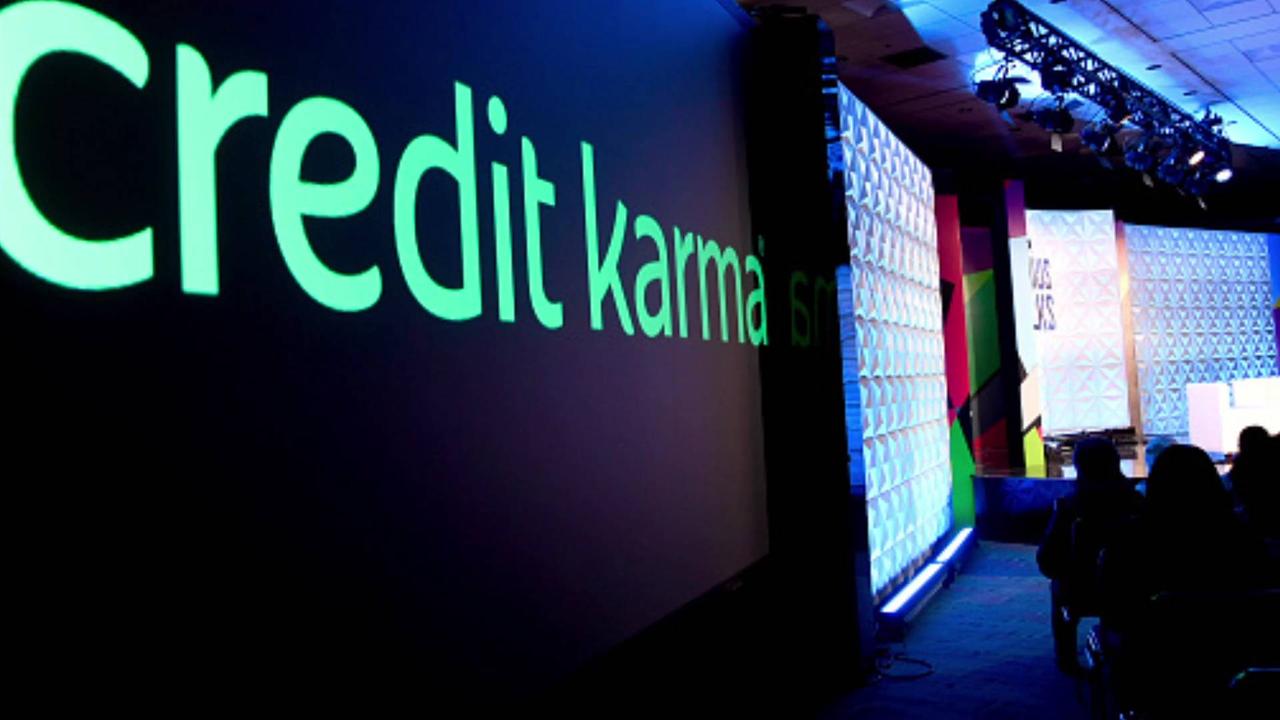FTC Fines Credit Karma $3 Million For 'Tricking' Users With Misleading Offers

FTC Fines Credit Karma $3 Million For 'Tricking' Users With Misleading Offers
FTC Fines Credit Karma, $3 Million For 'Tricking' Users , With Misleading Offers.
'Newsweek' reports that Credit Karma has been hit with a $3 million fine for falsely telling customers they were 'pre-approved' for credit cards.
.
'Newsweek' reports that Credit Karma has been hit with a $3 million fine for falsely telling customers they were 'pre-approved' for credit cards.
.
The Federal Trade Commission (FTC) announced the fine on September 1.
According to the FTC, Credit Karma pushed customers to apply for credit offers that many people were not qualified for.
.
The FTC found that almost one-third of customers who applied for these 'pre-approved' offers were denied.
.
The $3 million fine will be sent to customers who , "wasted time applying for these credit cards." .
The FTC also ordered Credit Karma to stop "tricking" customers and to maintain records of the company's marketing.
The misleading offers were reportedly issued between February 2018 and April of 2021.
Customers who applied and were denied incurred a hard inquiry on their credit reports, which could unnecessarily damage their credit scores.
Customers who applied and were denied incurred a hard inquiry on their credit reports, which could unnecessarily damage their credit scores.
'Newsweek' reports that a poor credit profile can affect almost every aspect of daily life in the United States.
A bad credit score can lead to loans being rejected, housing applications denied and higher insurance premiums. A bad credit score can lead to loans being rejected, housing applications denied and higher insurance premiums. The FTC will continue its crackdown on digital dark patterns that harm consumers and pollute online commerce.
, Samuel Levine, Director of the FTC's Bureau of Consumer Protection, via 'Newsweek'.
A 'dark pattern' is a strategic marketing campaign meant to subtly influence a user to take specific actions


![ConocoPhillips to Buy Marathon Oil [Video]](https://video.newsserve.net/300/v/20240529/1376839238-ConocoPhillips-to-Buy-Marathon-Oil.jpg)
![FTC to Decide Whether Noncompete Agreements Should Be Banned [Video]](https://video.newsserve.net/300/v/20240423/1373526476-FTC-to-Decide-Whether-Noncompete-Agreements-Should-Be.jpg)